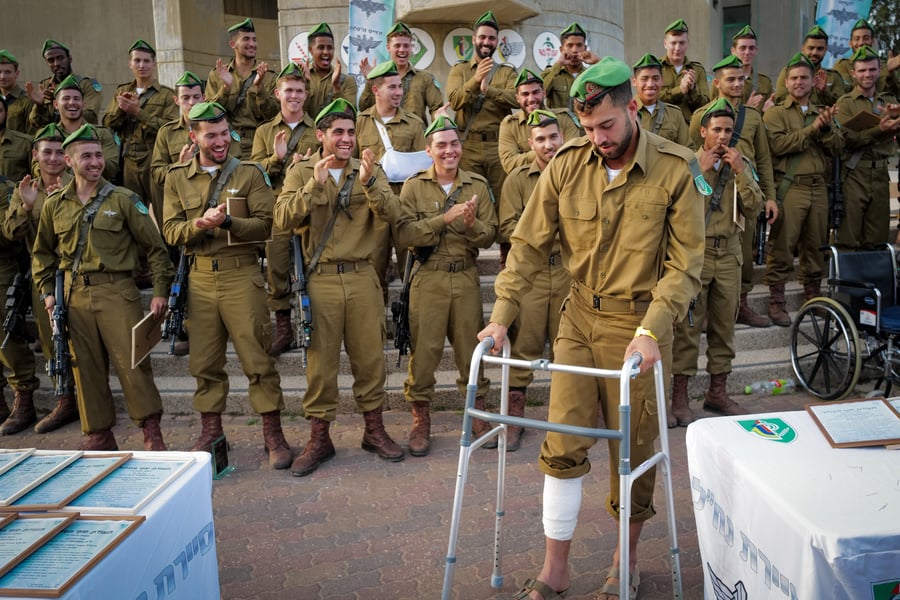
In the annals of military history, the determination and resilience of soldiers have always been celebrated. Among these tales of bravery and tenacity, the stories of wounded Israeli soldiers eager to return to the battlefield stand out, revealing a profound commitment to duty, country, and comrades.
A Deep Sense of Duty
One of the primary reasons wounded Israeli soldiers are eager to return to the battlefield is their deep sense of duty and responsibility towards their nation. Military service is mandatory, and this obligation fosters a culture of dedication and perseverance. Soldiers often feel a profound connection to their country and a personal responsibility to defend it, regardless of the personal cost.
Comradeship and Solidarity
The bonds formed in the IDF are incredibly strong. The shared experiences of rigorous training, operational missions, and the constant threat of conflict create a unique brotherhood among soldiers. This camaraderie is a powerful motivator for wounded soldiers. The desire to rejoin their units and support their friends is often stronger than the physical pain or recovery challenges they face. In addition, the idea of leaving their comrades on the battlefield without their support is unbearable for many.
Unfinished Business
Many wounded soldiers feel a compelling sense of unfinished business. They have invested significant time and effort into their military roles, and injuries can create a sense of incompleteness. The desire to fulfill their mission, achieve their objectives, and contribute to their unit's success drives many to push through rehabilitation and strive to return to active duty.
Personal Resilience and Determination
Israeli culture highly values resilience and determination, traits that are deeply embedded in the national psyche. This ethos encourages soldiers to overcome adversity and not to be defined by their injuries. For many, returning to the battlefield is a way to prove their strength and resilience, both to themselves and to society.
National and Historical Legacy
The history of Israel is marked by struggle and survival. From its inception, the nation has faced existential threats, fueling a strong collective memory and identity. Soldiers are acutely aware of the legacy of past generations who fought for the country’s existence. This creates a powerful incentive to continue that legacy of resilience and courage. Returning to the battlefield is seen not just as a personal victory but as a continuation of a historical mission.
Support Systems
The IDF and Israeli society provide robust support systems for wounded soldiers. Rehabilitation programs, psychological support, and community initiatives are designed to aid recovery and reintegration. Knowing that their country stands behind them, wounded soldiers find the strength to overcome their injuries and return to their roles.
A Symbol of Resilience
Wounded soldiers who return to the battlefield often become symbols of national resilience and inspiration. These soldiers embody the spirit of perseverance that Israel as a nation prides itself on, and their return to the battlefield is celebrated as a triumph of the human spirit over adversity.
The desire of wounded Israeli soldiers to return to the battlefield is a complex interplay of personal, cultural, and national factors. It is a testament to their unwavering dedication to their country, their deep bonds with their comrades, and their indomitable spirit. In their quest to return to the front lines, these soldiers embody the resilience and courage that define the Israeli spirit, serving as powerful symbols of hope and determination.




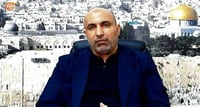
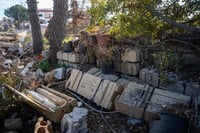
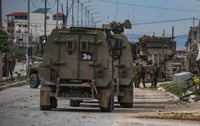


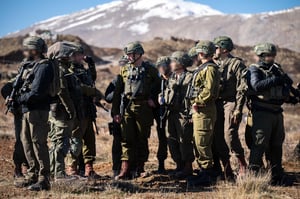
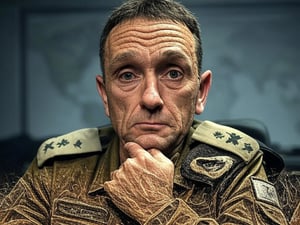
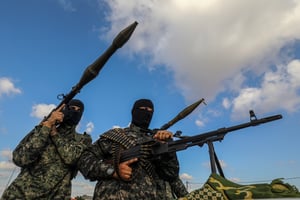


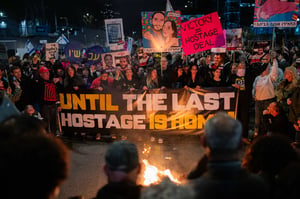
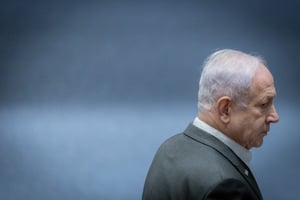
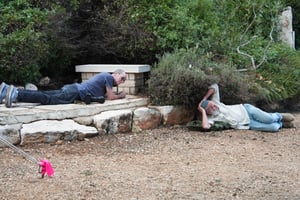
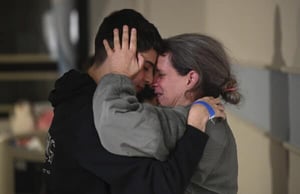
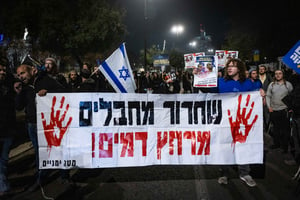

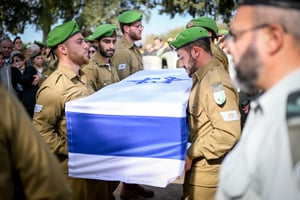
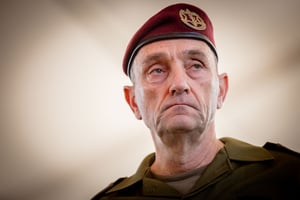

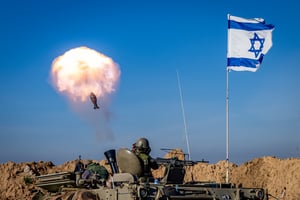


0 Comments